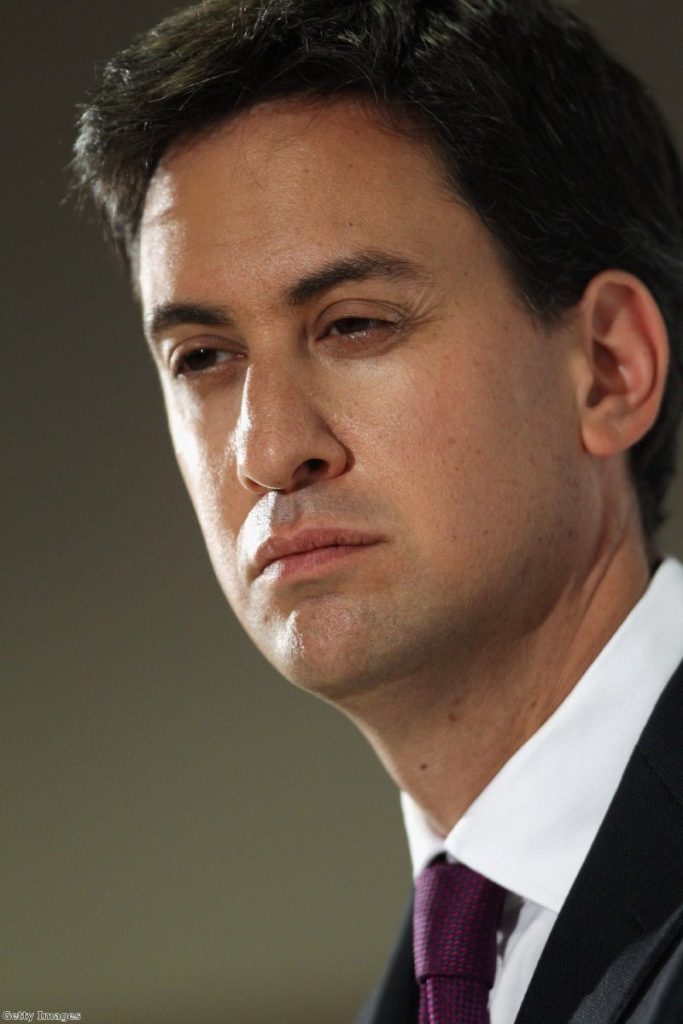Tories lash out at Miliband donation compromise
Ed Miliband moved to dramatically take the lead on the issue of party funding today when he called for donations to be capped at £5,000.
The cap, which would also apply to the millions donated to Labour by trade unions, is a significant concession from the party leader, but senior Conservatives were quick to attack it.
"We all need to take a bit of pain," Mr Miliband told the Andrew Marr programme.
"Let's make a concerted effort now to really grasp this."


Mr Miliband said Labour would lose "some millions of pounds" under his plan, although he admitted the political levy paid by millions of union members would continue, as would the current 'opt-out' arrangement which pertains to it.
"I value our link to the unions. It is part of what makes us rooted in our communities," he said.
"To exclude these people who want to be affiliated to the Labour would be wrong."
The move was not enough to placate the Conservatives, who quickly lashed out at the Labour leader.
Housing minister Grant Shapps told the BBC's Sunday Politics it was "one of the most disingenuous interviews I've seen all year".
The Conservative said Mr Miliband's offer was "a complete wheeze".
But analysis showed the proposals would actually cost Labour heavily in an election year, with the party set to lose £13 million on 2010 spending levels.
The Conservatives are wary of Mr Miliband taking the lead on a thorny issue, but they are also suspicious of the advantage handed to Labour by his compromise.
While the Miliband offer would cut off Labour from big union donations, it would still enjoy significant funds via the trade union membership levy – with the option of increasing the affiliation fee later.
For their part, the Tories rely on a small number of high-value donations which would all be capped at £5,000. Without the sort of mass-membership advantage Labour enjoys via its union links it could put the governing party at a significant disadvantage.
Meanwhile, Mr Miliband also highlighted proposals to cap campaign spending.
"It is the capacity to spend money which drives parties to raise it," he wrote on his blog.
"In fixed term parliaments, it should be possible to limit campaign expenditure for longer than the rules currently do.
"The current cap is also too high with none of the main parties reaching it in 2010. To have any real meaning, the limit of £19 million should be reduced substantially."
Cross-party talks are already underway on party funding, although the issue continues to be framed by party political squabbling rather than cooperation.

